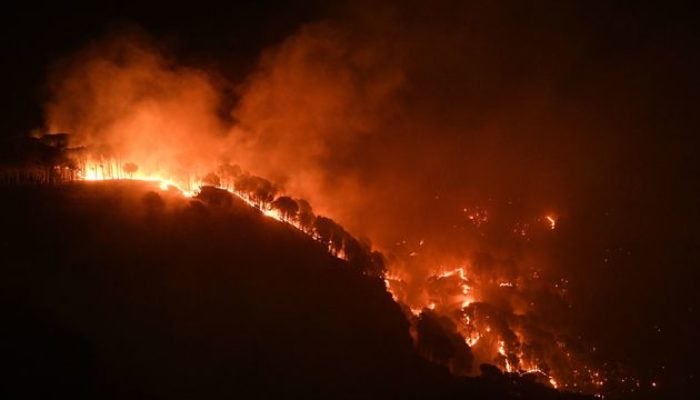Could our present day “warm” climate turn into a frozen fully glaciated one, as if the whole Earth is a huge “snowball”? That was a question put forward independently by Mikhail Budyko and William Sellers in the late 60s [1,2] who made a first estimate of the necessary changes of incoming solar radiation, such that either the Arctic ice sheet completely melts, or the planet gets fully frozen. Base ...[Read More]
NP Interviews: the 2021 Lewis Fry Richardson Medal Berengere Dubrulle
Today’s NP Interviews hosts the 2021 Lewis Fry Richardson Medal Berengere Dubrulle. Berengere is senior scientist at the Centre National de la Recherche Scientifique and presently Director of the Les Houches Physics School. She received her PhD in astrophysics in 1990 under the supervision of J.-P. Zahn. She is a specialist of turbulence, and its application to astro and geophysical flows using th ...[Read More]
NPG Paper of the Month: “Empirical evidence of a fluctuation theorem for the wind mechanical power input into the ocean”

This month the NPG Paper of the Month award is achieved by Achim Wirth for his paper “Empirical evidence of a fluctuation theorem for the wind mechanical power input into the ocean“. Achim obtained his PhD at the University of Nice (Franc), doing research on turbulence theory. He then moved to oceanography working at UCLA (USA) and Geomar (Germany). Since 2005 he holds a permanent position a ...[Read More]
Three reasons why Forest-Fires worsen with climate change
The brand-new IPCC AR6 report clearly states that “Unless there are immediate, rapid and massive reductions in greenhouse gas emissions, limiting warming to around 1.5°C, or even 2°C, will be out of reach”. Although as human beings we do not perceive changes in global Earth average temperatures as a threat to our lives, the IPCC report also states that extreme weather events will worsen; actually ...[Read More]


